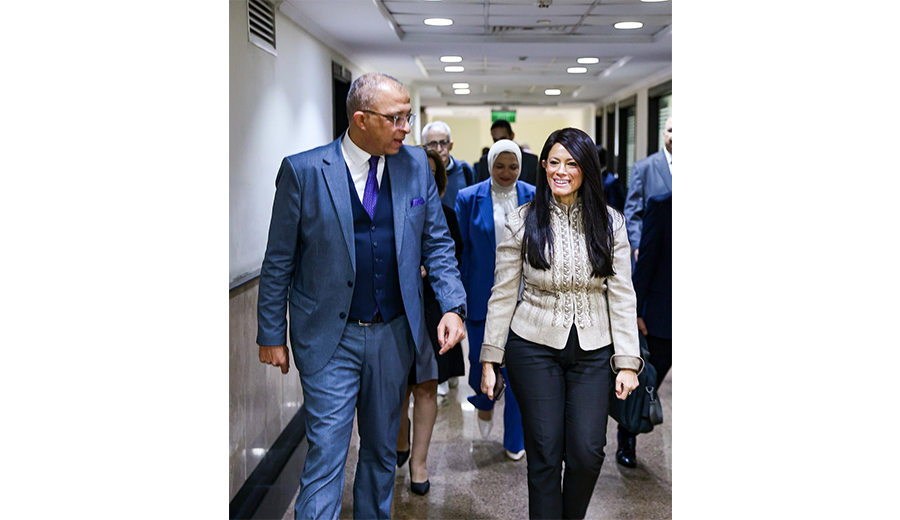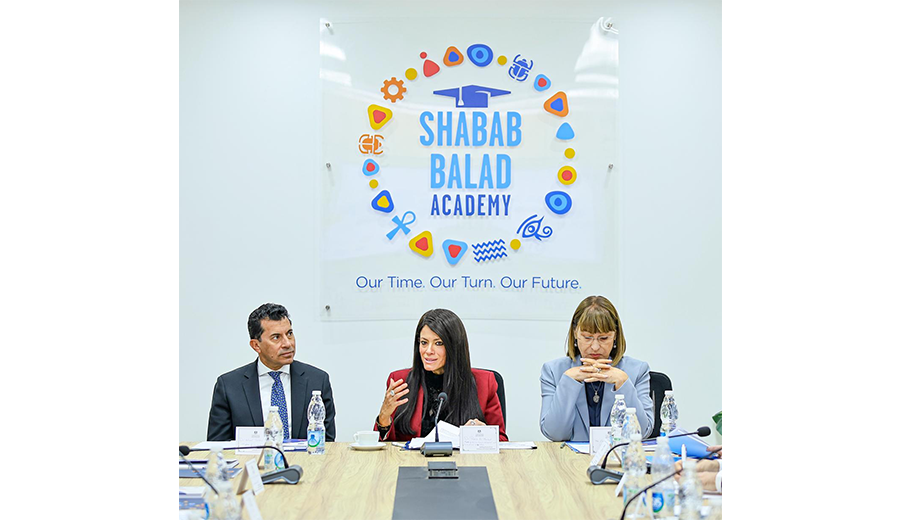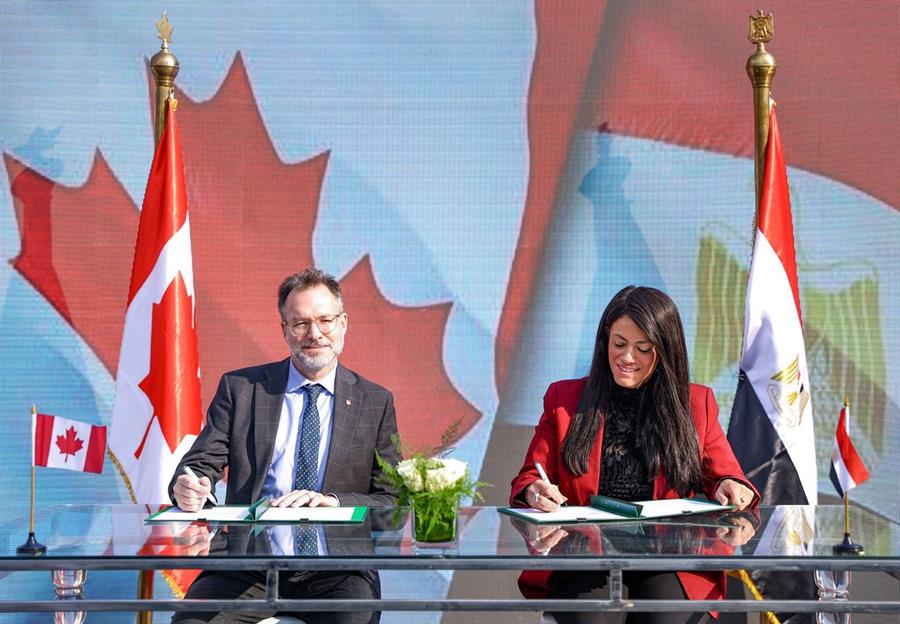Egypt Award for Gov't Excellence announces the launch of its electronic platform to provide support in the training and awareness stages

18 February 2022
The Egypt Award for Gov't Excellence announced the launch of its electronic platform, which provides all aspects of support in the training and awareness process; By providing a package of programs and instructional videos that are presented by a selection of specialized experts to impart knowledge regarding the award.
Dr. Hala El-Said, Minister of Planning and Economic Development, said that the award's electronic platform is a beacon of government excellence in the state's administrative apparatus, through which any party or individual can learn about all the information related to the award.
El-Said added that the award seeks to implement a management system that is in line with international best practices, which contributes to laying firm foundations to support the journey of continuous development and improvement, to raise performance levels, and to achieve the award's strategic objectives.
For his part, Eng. Khaled Mostafa, Permanent Undersecretary of the Ministry of Planning and Economic Development and General Supervisor of the Egypt Award for Governmental Excellence, indicated that the electronic platform comes in line with the Egyptian state’s strategy to achieve digital transformation, and the award’s administration is keen to support the state’s efforts to spread a culture of excellence and institutional development.
To view the electronic platform of the Egypt Award for Government Excellence, visit the link https://egea.gov.eg/LMS.aspx









